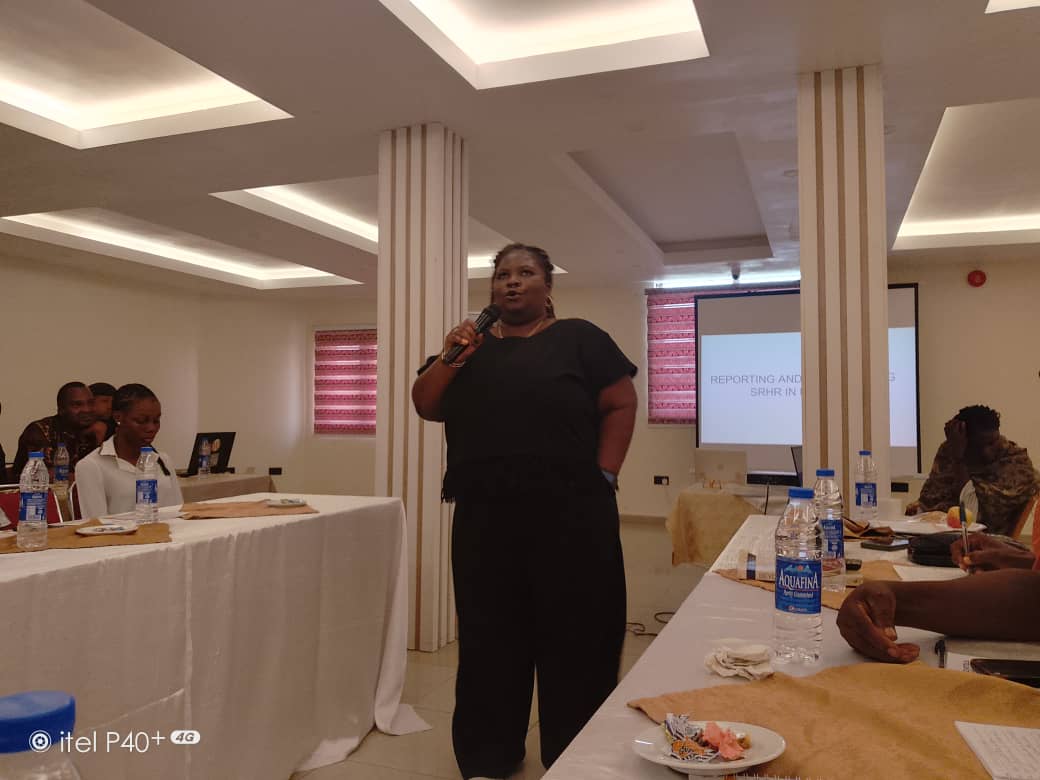By Oyeniyi Awojoodu, Ibadan
In an efforts to curb discrimination against women, gender based violence and other issues related to Sexual and Reproductive Health and Rights(SRHR) in Nigeria, a non-governmental organization known as Vision Spring Initiatives (VSI) through a day workshop for media practitioners in south west has highlighted the need for journalists to be sensitive in their reports about intersectionality.
The media practitioners according to the Project Director of Vision Spring initiatives, Ngozi Nwosu-Juba are key stakeholders in the fight against gender based violence, as well as issues of Sexual and Reproductive Health and Rights, hence they must always encourage government to formulate policies that will safe women from any form of discrimination or harassment in the society.
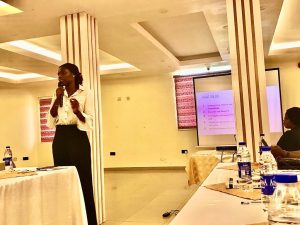
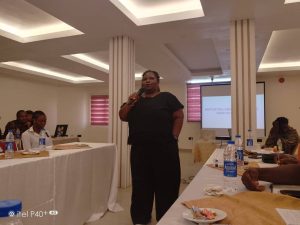
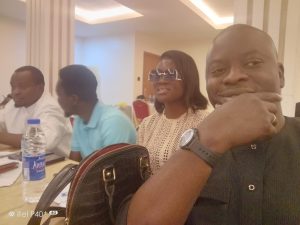
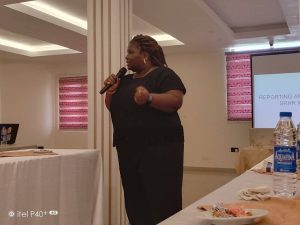
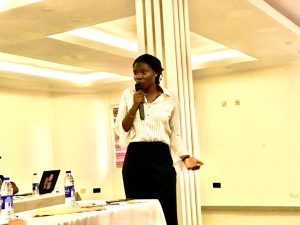
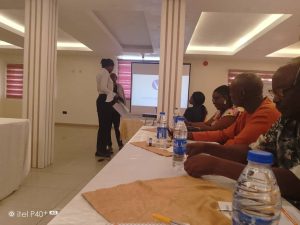
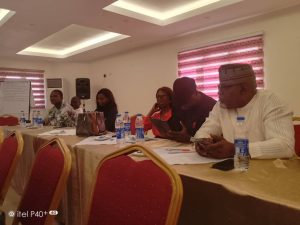
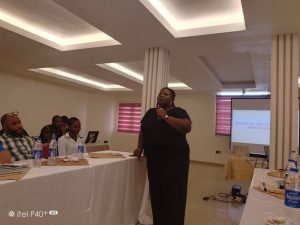
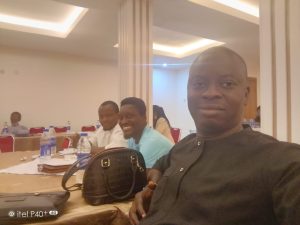
In her opening remarks at the workshop, Ngozi noted that Vision Spring Initiatives has done so much through advocacy, empowerment, education, and training on gender Equality, girl- Child, Sexual Reproductive Health and Rights and all issues relating to the vulnerable in the society whose certain laws and policies of government have affected, stressing that media should always reports more on these to further draw government attention on the issues.
She stressed that nobody should be discriminated against and no one must be left behind in attaining their rights.
While speaking on the topic of the training, “Intersectionality of Rights in Media Reporting”,the guest lecturer at the workshop, Omolara Oriye, a lawyer and feminist urged the media practitioners to be sensitive to intersectionality while filling their reports on gender violence and Sexual Reproductive Health and Right matters.
She said, “Intersectionality recognizes that people’s lives are shaped by their identities, relationships and social factors. These combine to create intersecting forms of privilege and oppression depending on a person’s context and existing power structures such as patriarchy, ableism, colonialism, imperialism, homophobia and racism.”
In her words, Omolara urged journalists to stop using some certain words such as ‘defilement’, ‘deflowered’, ‘Have Canal Knowledge’ among others when reporting rape incidents, noting that the meaning can make the victims and survivors to be more emotionally injured rather than the perpetrators.
She also charged journalists to expose bottlenecks that people face in accessing Sexual Reproductive Health and Right through their reports and to always educate government and other critical stakeholders on their roles at strengthening it.
Omolara said, “The media advocacy on access to Sexual Reproductive Health and Right will lead to abandonment of discriminatory practices and encourage policies and practices that will enable women to take control of their SRHR by expressing their own demands and finding solutions to their own problems, When there is a culture of silence, a culture of abuse will thrive.”
“Journalists and editors are advised to make their reporting gender sensitive by avoiding the use of stereotypes in their portrayal of women, sensationalistic and blown-up titles that highlight the brutal details in their accounts about violence against women and by focusing on investigative stories that paint a bigger picture of the phenomenon of violence against women, its causes and consequences.”
“Media must assume a more active role in the prevention of violence against women and always keep in mind the effects of their stories when this type of violence is concerned.”
“To report professionally and with impact, journalists need training on Sexual Reproductive Health and Rights to not only help put SRHR issues into perspective but also help change negative and retrogressive cultural norms. We recognize SRHR as an advocacy issue and the media being a key partner in driving this agenda.” Omolara said.
Other highlights of the training featured awards presentation for individuals that have been supporting the Vision Spring Initiatives on the fight against women and gender based violence, networking and group photograph.
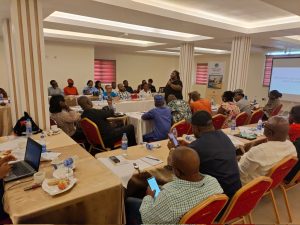
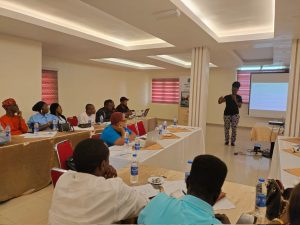
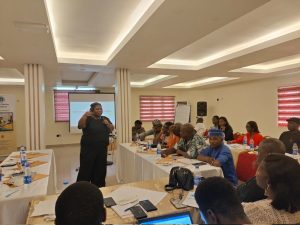
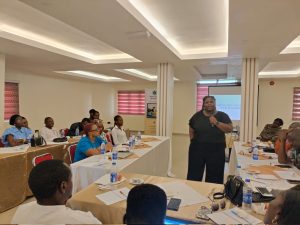
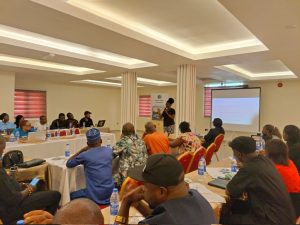
The media workshop was attended by both print and electronic news reporters from various media houses, news editors, publishers, bloggers, social workers, among other stakeholders that were selected from Oyo, Lagos, Osun, Ekiti, and Ondo states.

